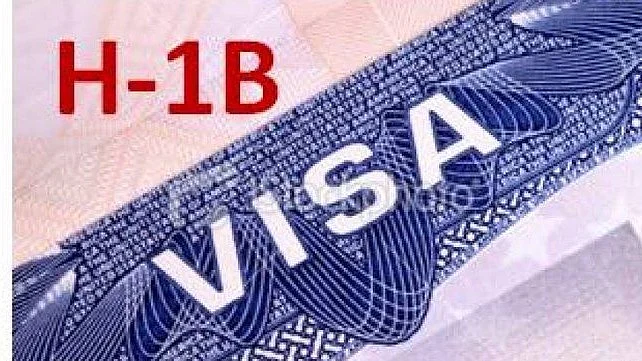World
US Chamber of Commerce sues Trump administration over $100,000 H-1B visa fee
Trump administration justifies the steep increase by arguing that foreign workers are being used to replace American employees with cheaper labour

The US Chamber of Commerce has filed a federal lawsuit against the Trump administration, challenging the legality of a newly imposed $100,000 annual fee on H-1B visa applications. The business lobby contends that the fee, announced last month, is unlawful and would severely damage American companies that rely on skilled foreign workers.
Filed in the US District Court for the District of Columbia, the lawsuit accuses President Donald Trump of exceeding his executive authority by unilaterally introducing the fee without congressional approval.
The chamber has urged the court to block federal agencies, including the Department of Homeland Security (DHS) and the State Department, from enforcing the new measure.
H-1B visas are designed to allow U.S. employers to hire highly skilled foreign professionals for roles that are difficult to fill domestically, particularly in the technology sector. Nearly three-quarters of approved H-1B visas go to Indian nationals, with major beneficiaries including Amazon, Tata Consultancy Services, Microsoft, Apple and Google.
Before the new rule, most H-1B visa applications cost under $3,600. The Trump administration justified the steep increase by arguing that foreign workers were being used to replace American employees with cheaper labour.
However, the White House clarified that the new charge would not apply to existing visa holders and that companies could apply for exemptions.
Published: undefined
In its filing, the chamber of commerce argued that the administration’s decision violated the Immigration and Nationality Act, which requires visa-related fees to be tied to the government’s actual processing costs.
“The president has significant authority over the entry of noncitizens into the United States, but that authority is bounded by statute and cannot directly contradict laws passed by Congress,” the lawsuit stated.
The Chamber warned that the policy could have far-reaching economic consequences, forcing businesses to either absorb dramatically higher labour costs or reduce hiring of skilled professionals for roles where domestic replacements are scarce.
Although the $100,000 fee is set to lapse after one year, the government has left open the possibility of extending it if deemed in the national interest.
The H-1B visa programme, which operates through an annual lottery system, remains a cornerstone of the US technology workforce. Critics, however, argue that the system has been exploited, with some companies using it to fill entry-level positions rather than highly specialised roles, effectively undercutting wages and displacing American workers.
The lawsuit marks one of the most significant business challenges to the Trump administration’s immigration policies, underscoring the growing tension between the White House’s protectionist stance and corporate America’s reliance on global talent.
With agency inputs
Published: undefined
Follow us on: Facebook, Twitter, Google News, Instagram
Join our official telegram channel (@nationalherald) and stay updated with the latest headlines
Published: undefined